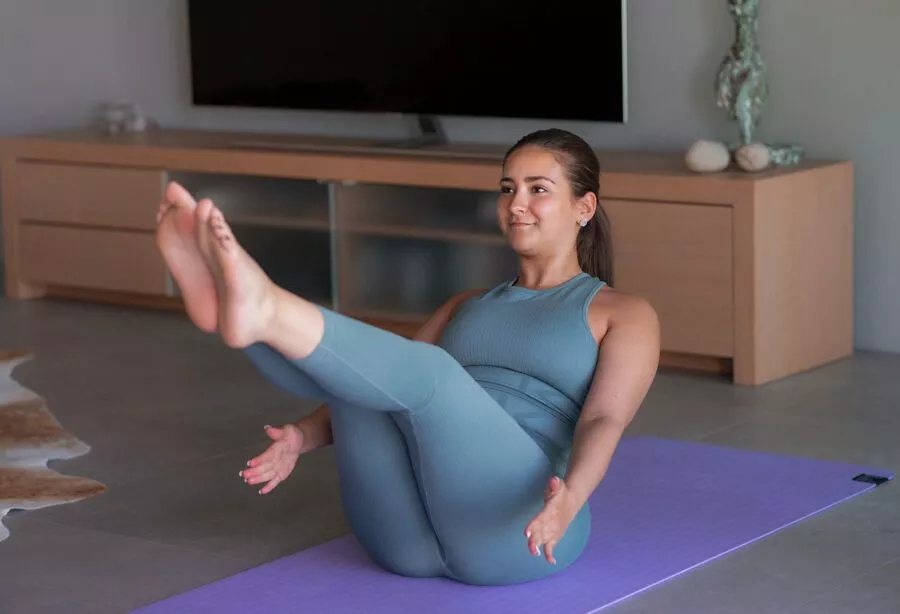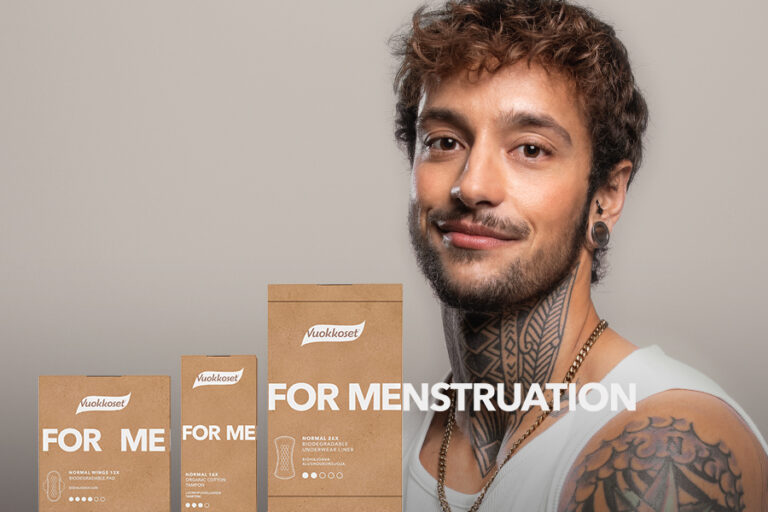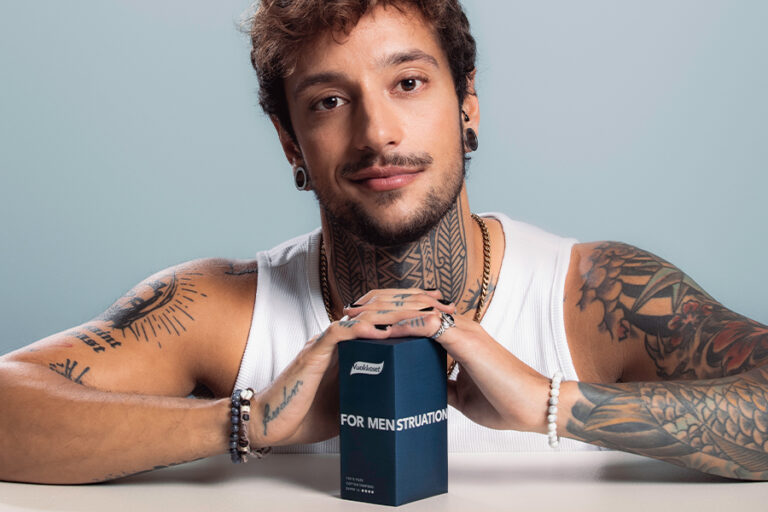The different phases of the menstrual cycle can affect exercise and sporting performance. Sports physician and author Pippa Laukka explains how to support endurance, invest in recovery, and even avoid sports injuries in different phases of your cycle.
A healthy, working body and periods always go hand-in-hand
Knowing your own menstrual cycle is an excellent resource that should be used in both amateur and professional sports. The most important thing is to know what phase of your cycle you’re in, record your periods and the physical and emotional symptoms on a calendar or period app, and always learn more about your own body.
The menstrual cycle can be divided into four different phases: the period, the time before ovulation, the middle of your cycle, and the week before your period. Each phase is different and lasts for various amounts of time, depending on the length of your cycle.
Missed periods are always a sign that there is a hormone imbalance, and this will eventually also affect your training. Athletes should pay attention to their diet and sufficient energy intake to rule that out as a reason for a missed period. Always see a doctor if you are concerned, and talk to your coach about the matter.
Training tips for different phases of your cycle
During your period, you may feel bloated and crampy. Often, movement is medicine, and light sports such as swimming and walking can even make you feel better. The body’s protein levels are high during a period, so you may breeze through strength training. The muscles also recover from a workout rapidly during a period.
Vuokkoset Organic Tampons are a good option for protecting you against leaks during sports. The tampons are available in three sizes: Mini, Normal, and Super. Try them out to find the best size for you. Vuokkoset Organic Tampons are made from 100% organic cotton and do not contain any excess plastic, chemicals, or dyes.
Oestrogen levels peak during the middle of the cycle, near ovulation. At this time, you feel confident and have maximum energy for working out. Increase your weights at the gym and do some interval training. Even long endurance training can feel easy, so work towards your personal best while listening to your body.
PMS symptoms begin around a week before your period and it’s very common to be less enthusiastic about going to the gym at this time. You may experience mood swings and headaches, so schedule some body conditioning, walks, or yoga.
Remember that periods are never an obstacle to success. Olympic medals have been won and world-records have been set at all stages of the menstrual cycle.
Listen to more of sports physician Pippa Laukka’s thoughts here.
Source: MyBnB live ja Pippa Laukka
How can I support my body’s wellbeing at different stages of my menstrual cycle? Read more.





